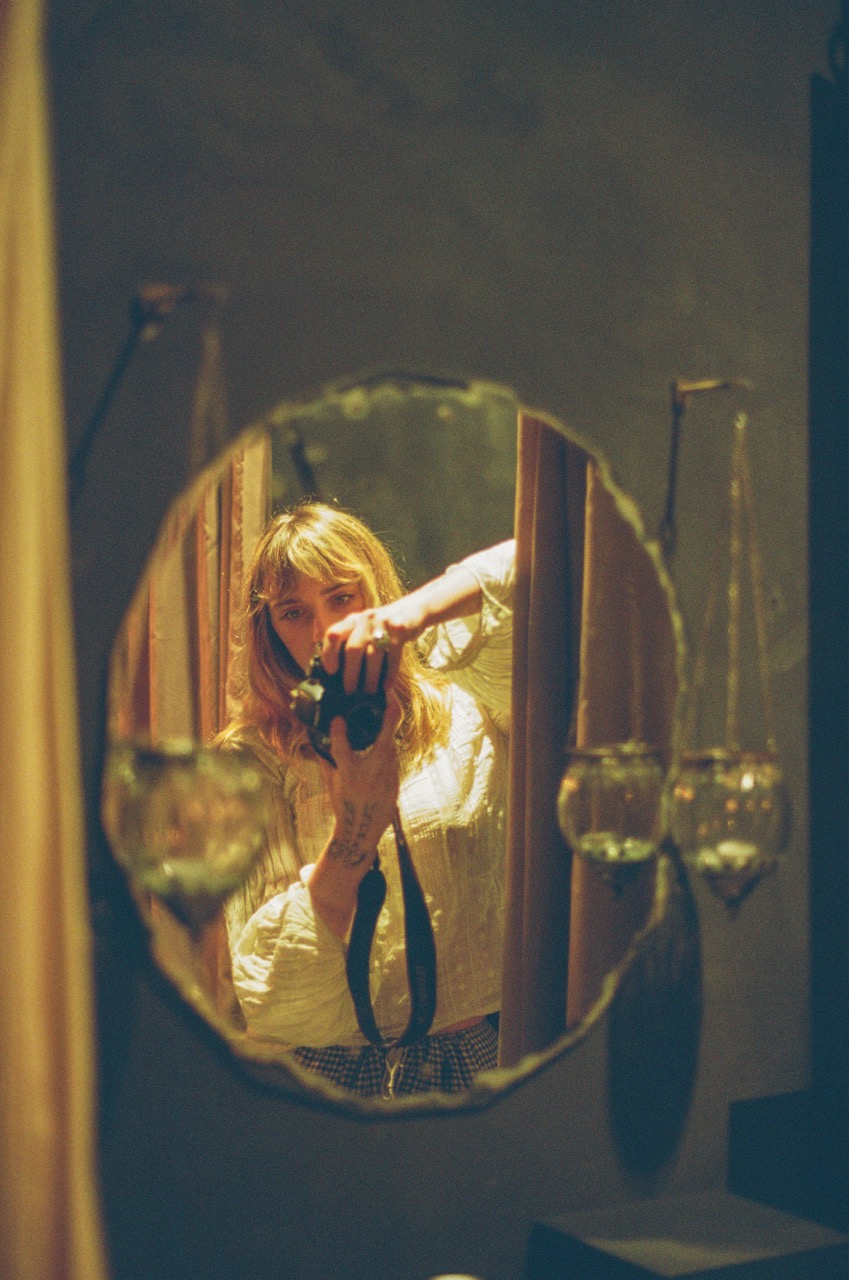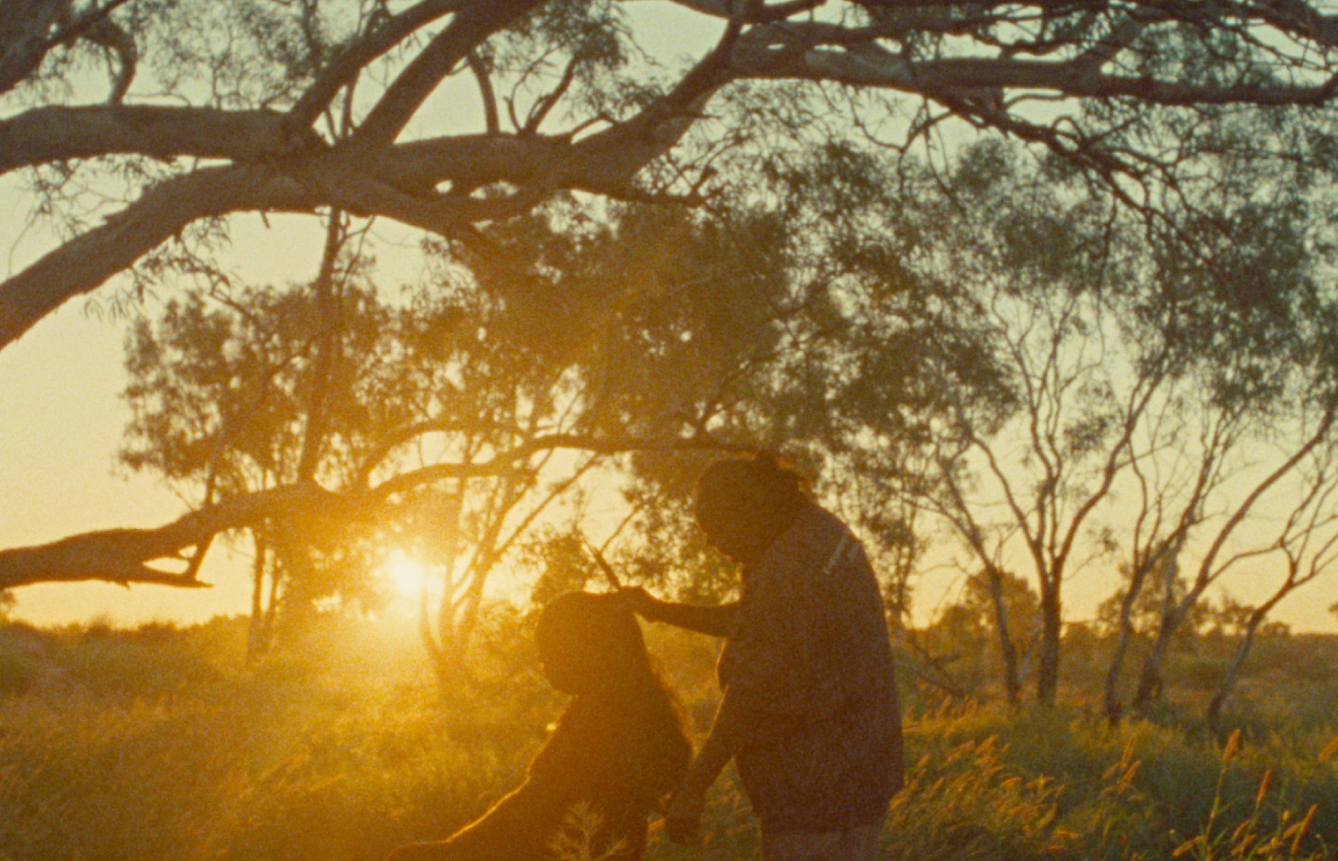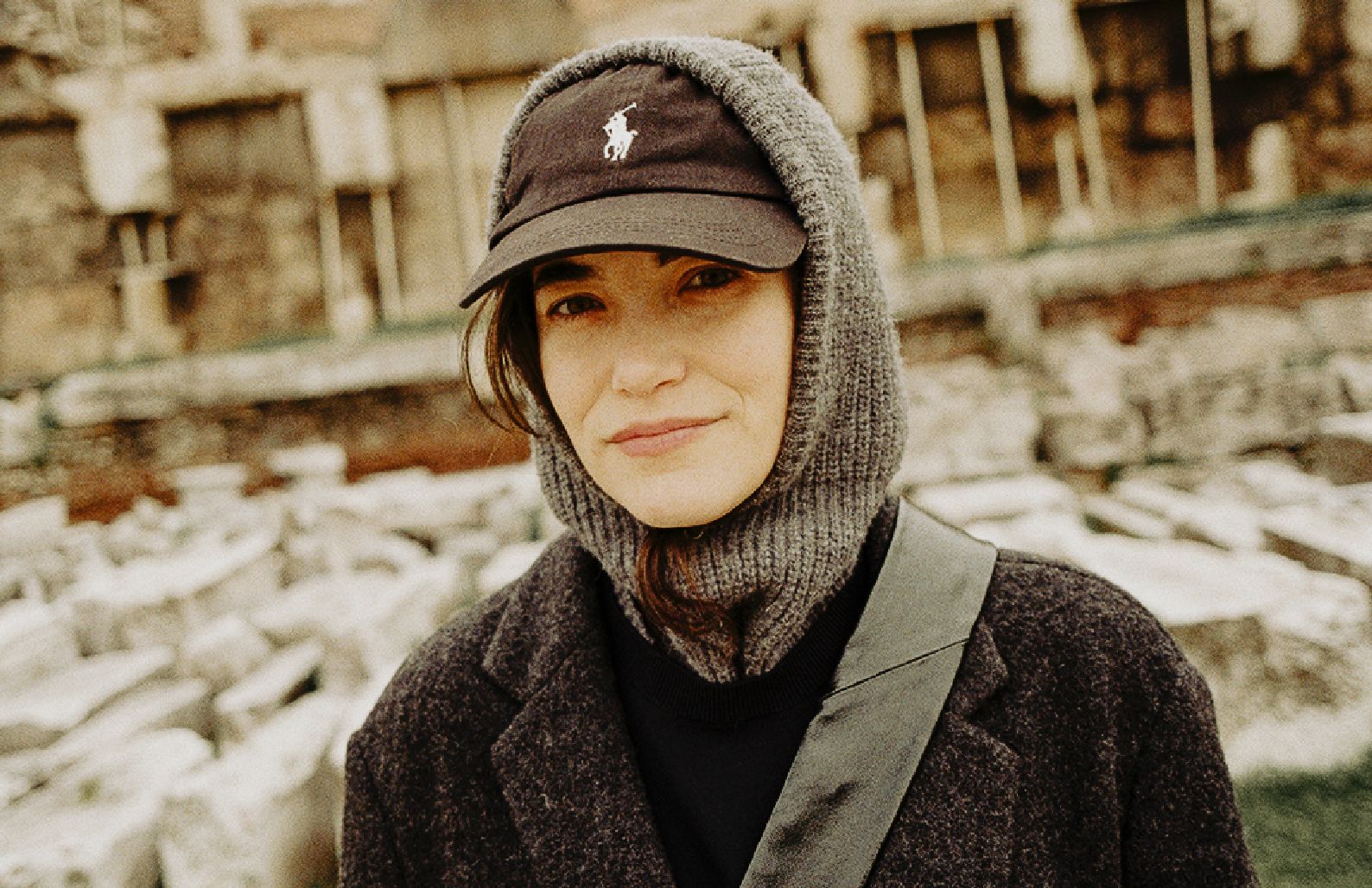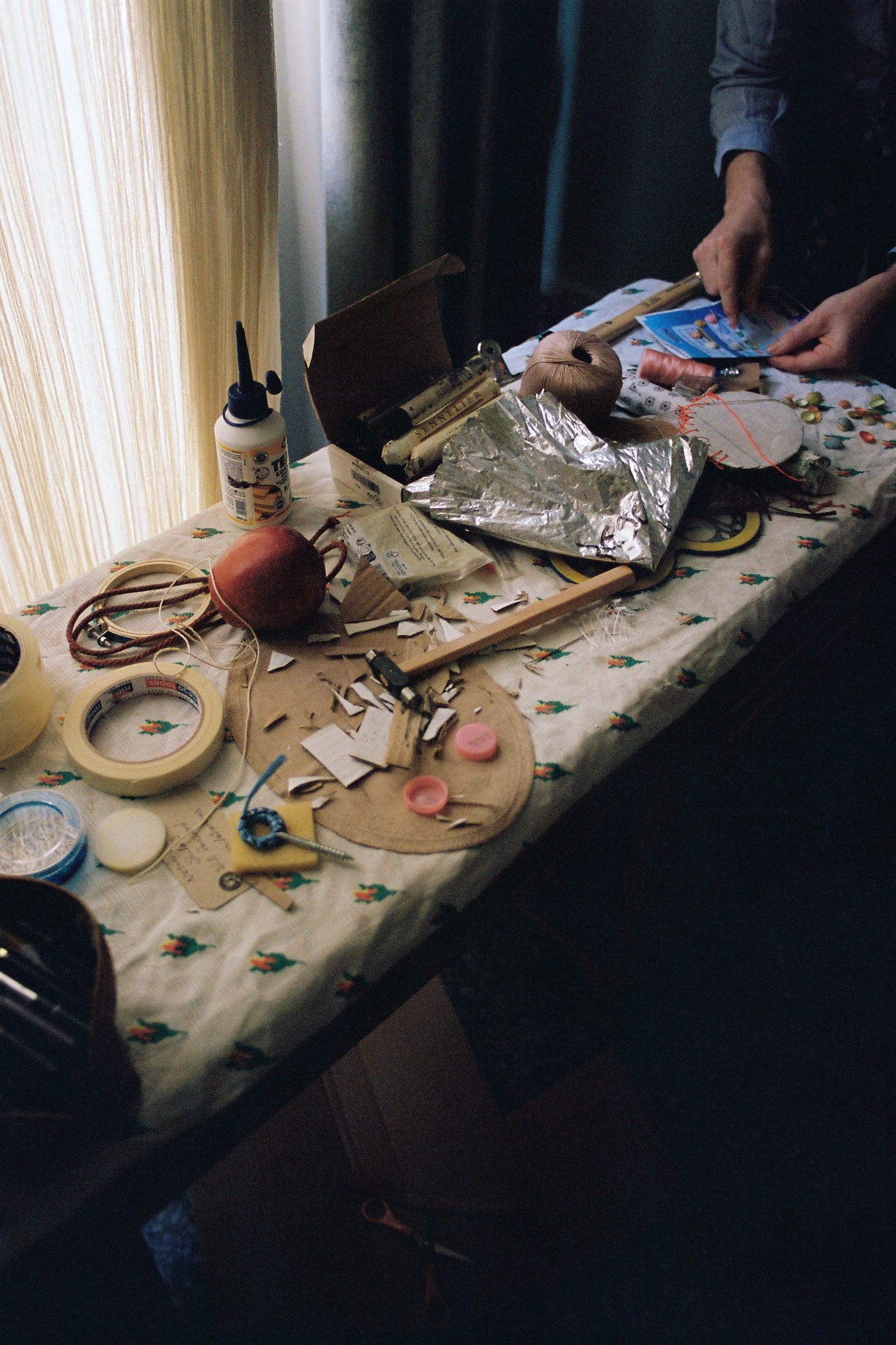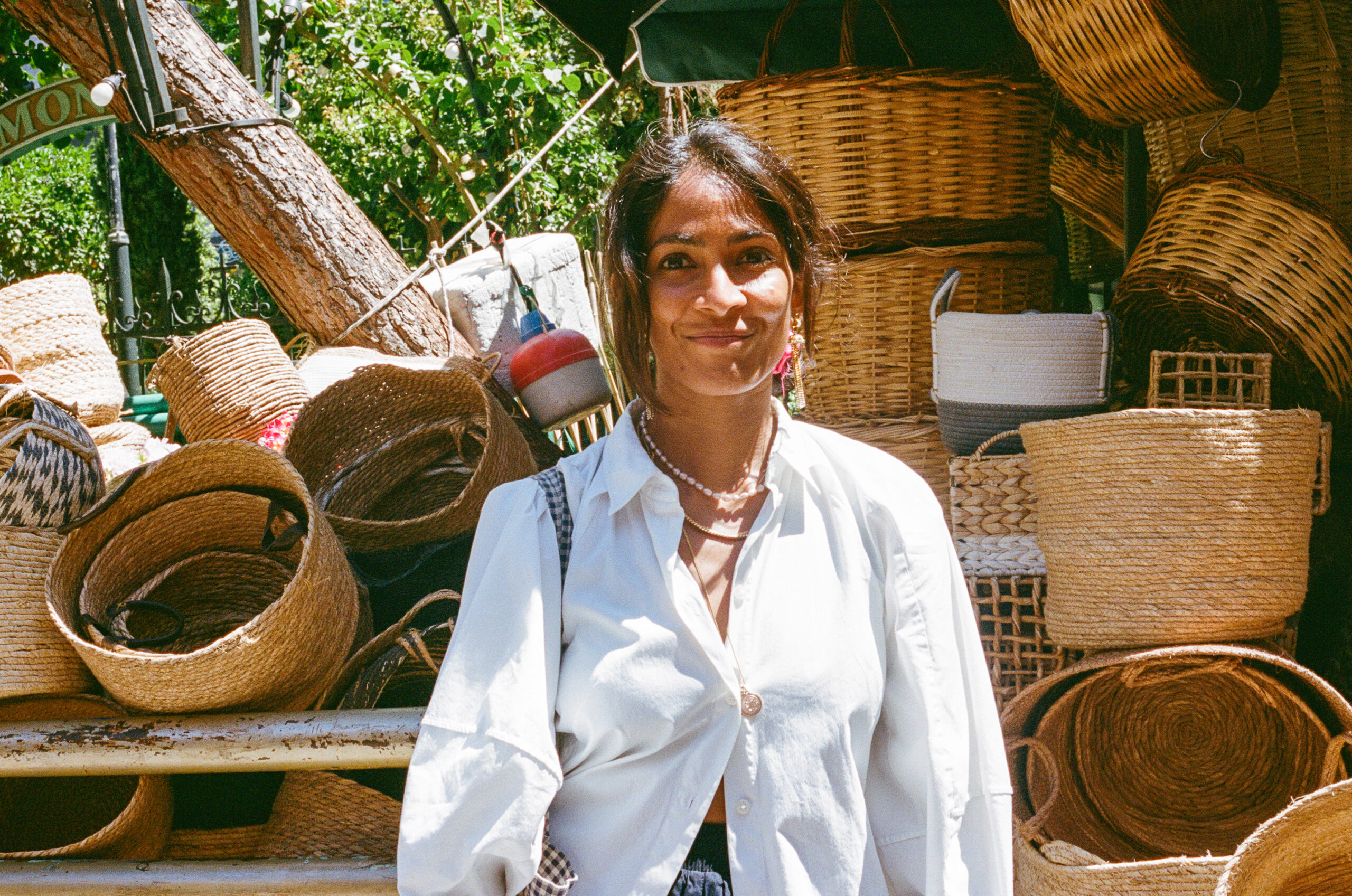air
Rose Mihman
"You do it for what’s inside of you, what’s at the core of you. No matter if it's ugly, or beautiful… it's something you do because of something that’s in you."
Rose Mihman is a French artist whose photographic work has developed a distinct style – and she is only 22. Characterised by poetic – at times absurdist – subject matter that looks straight out of a time passed, and the painterly quality given to her images through use of the oldest techniques of colour photography processes, Mihman’s work appears as loaded with meaning as it does inner worlds. We spoke to Rose during her residency at Shila, where she confessed about intuitions in street-casting, and how any artistic journey can never be peaceful.
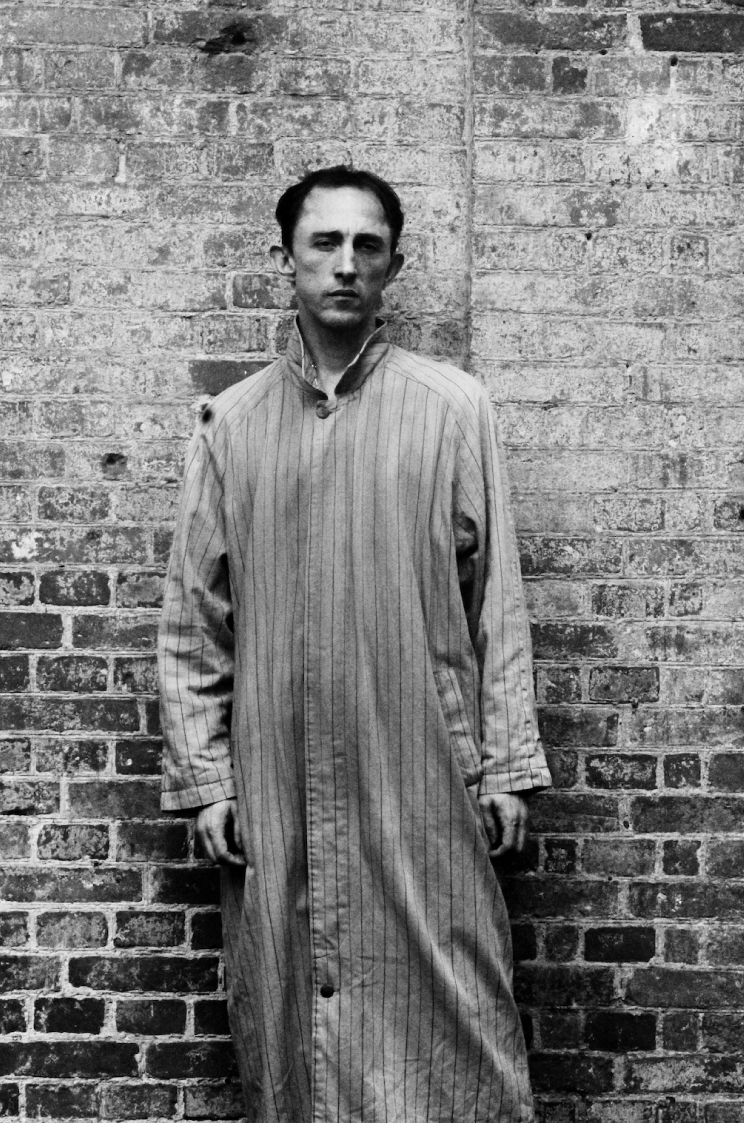
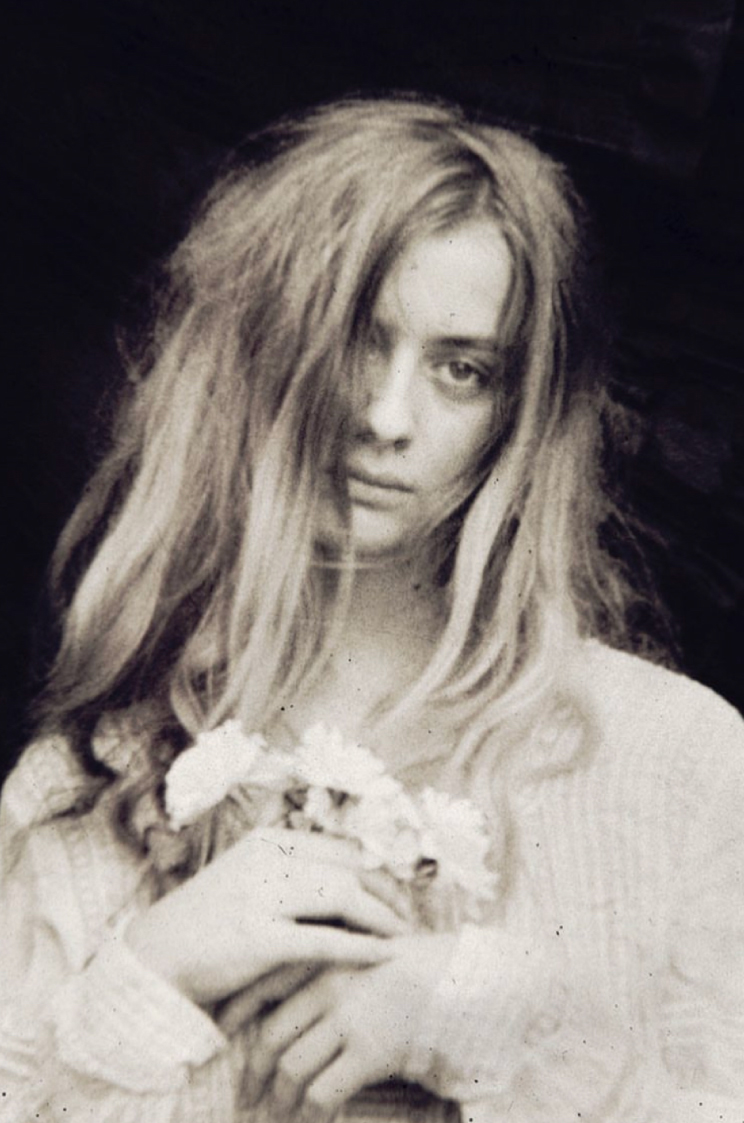
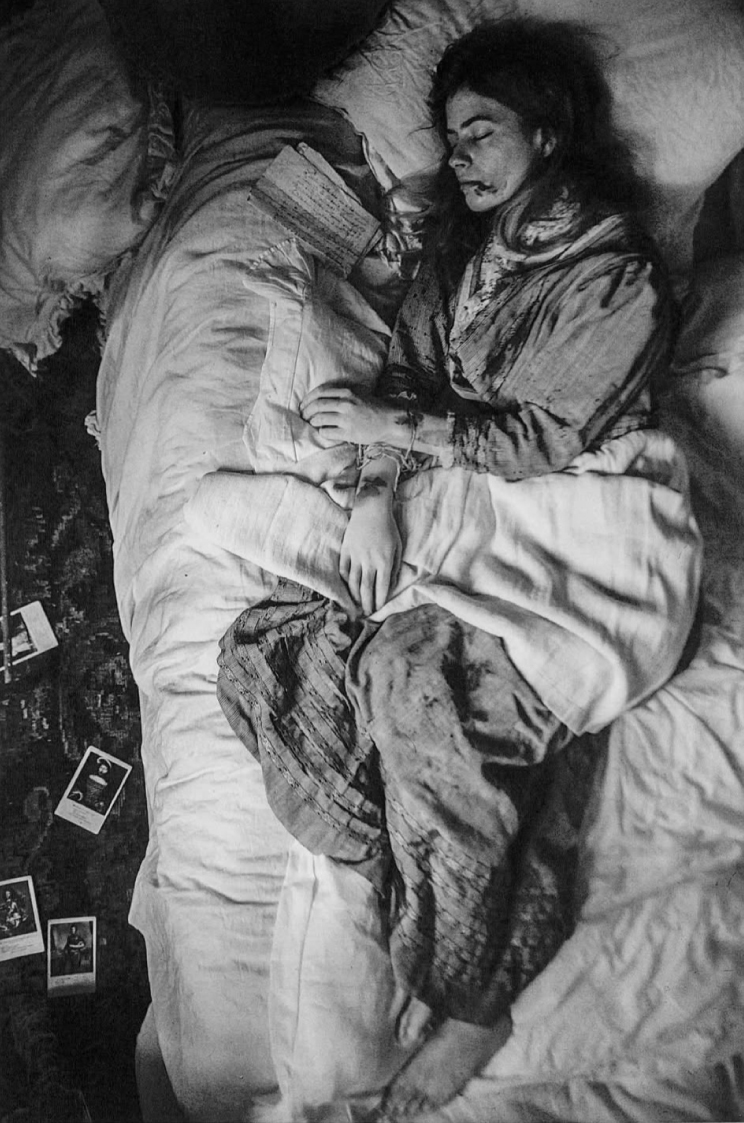
photography by ROSE MIHMAN

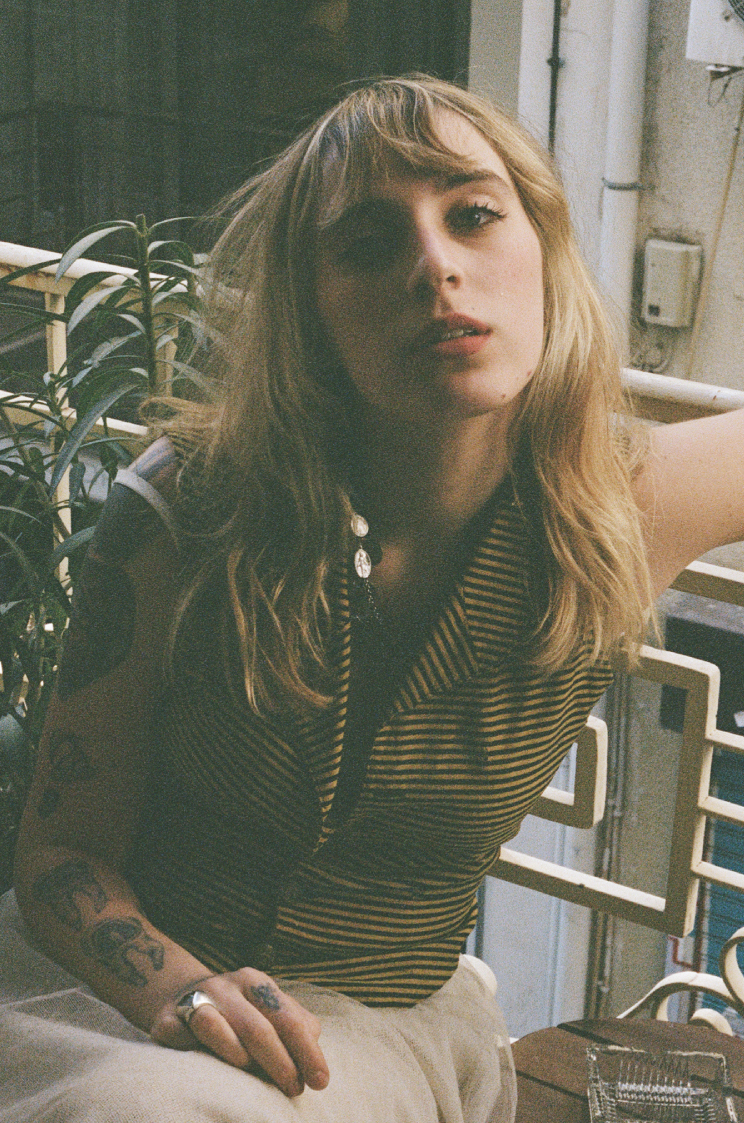
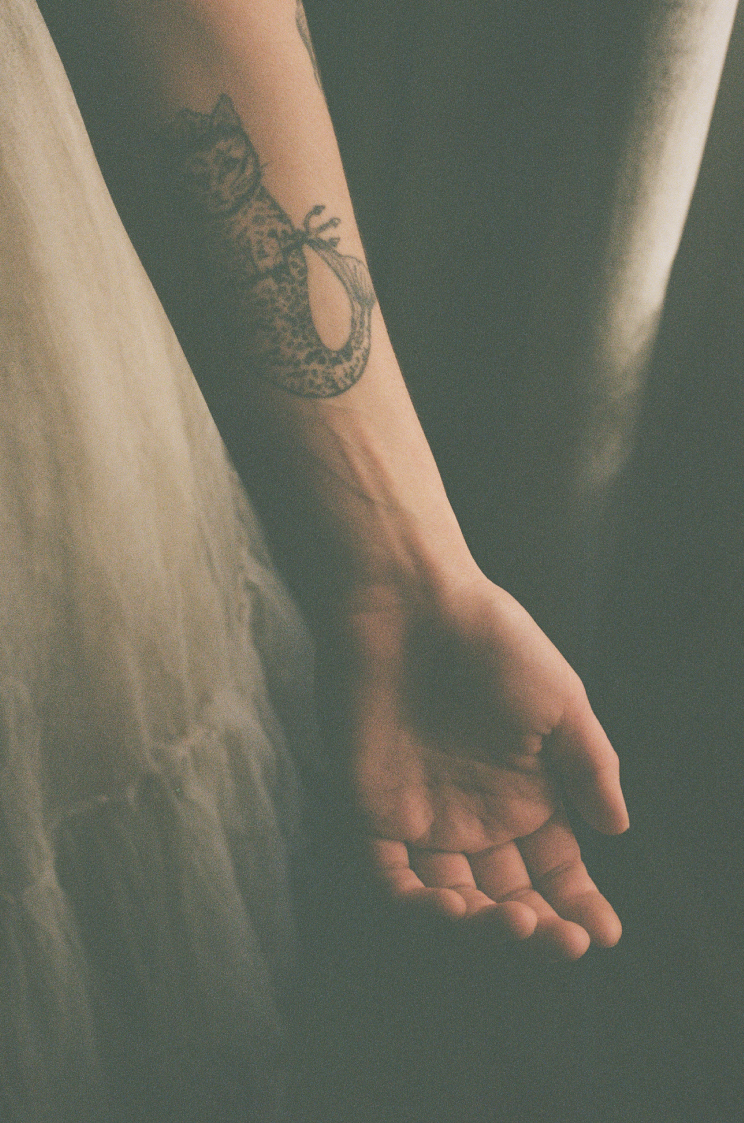
photography by EFTIHIA STEFANIDI
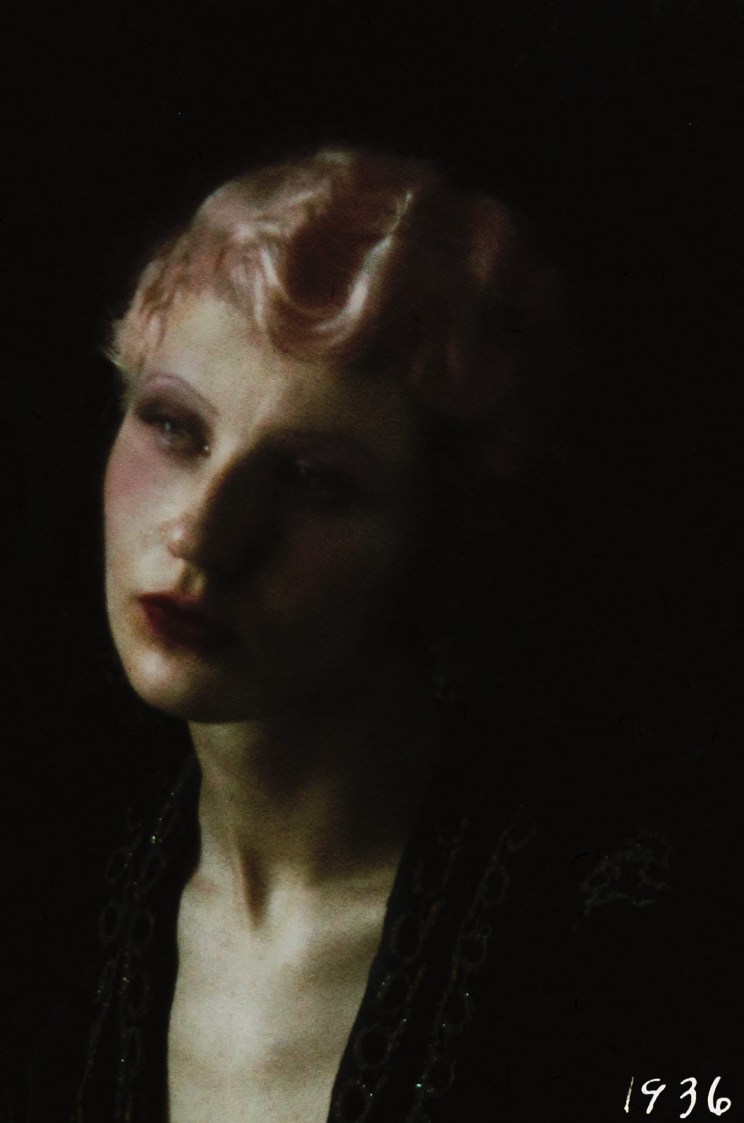
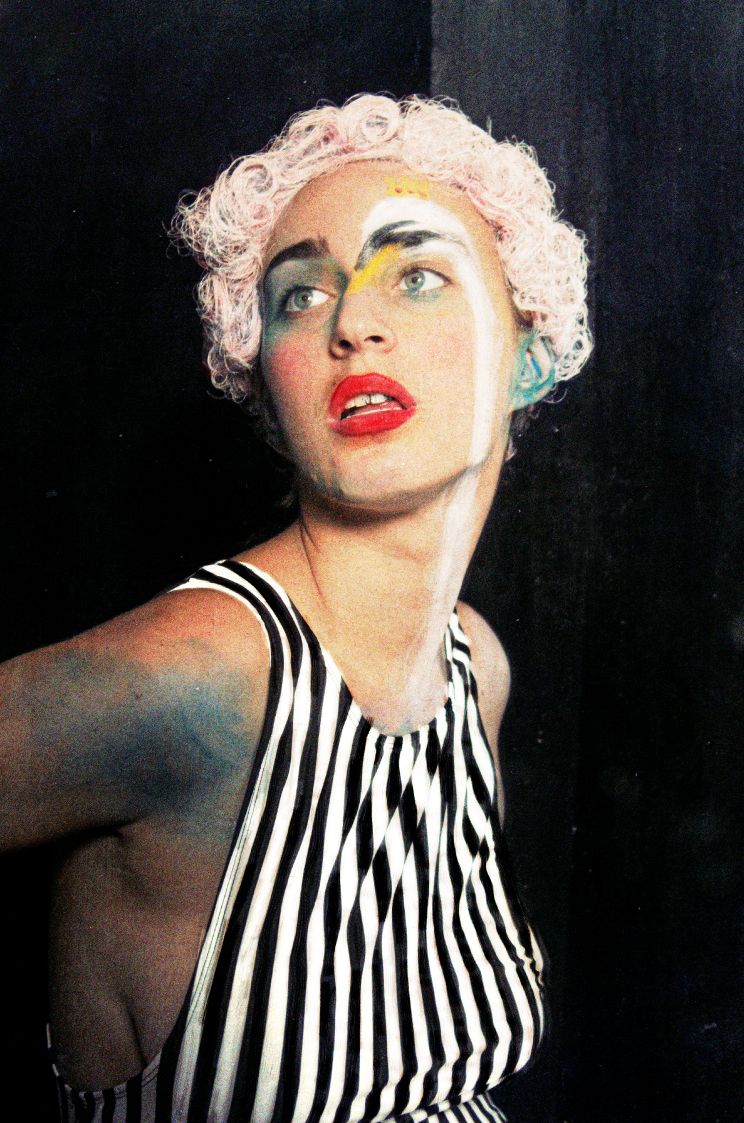
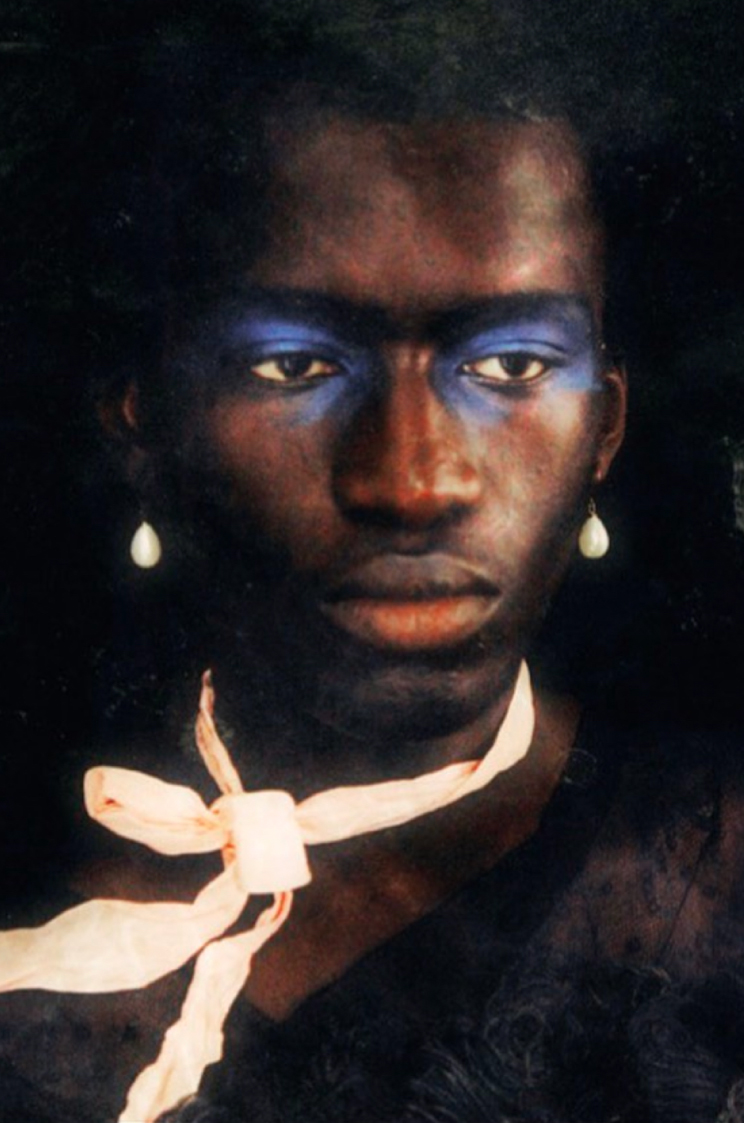
photography by ROSE MIHMAN
ES: What is it about Parisians that creates the reputation of not being as friendly?
RM: They feel like they’re superior. Every time I come back to Paris after having been elsewhere, I feel that we really think we are the shit. It’s a big problem and I think it’s insane to always be in this superiority-mode.
ES: I wanted to ask a bit more about your experience at Shila. How does it feel to be given a room in that particular interior world?
RM: This was my first time doing a residency in a hotel setting. It was kind of magical. In fact, it doesn’t feel like I’m in an hotel. It feels like someone just gave you the keys to their apartment. I loved it. And this comes from a person that is very attached to my own house, having all my things with me, even my perfume.
ES: In a way, here you encounter more of a blank canvas.
RM: Yes. You provide a space to be; it calms you down.
ES: Do you think that an artist needs to be alone to create, or is that unnecessary?
RM: Yes, to recharge. Even if someone is near me, I can’t create. I need to own the space in order to feel safe and free.
ES: Have you been watching much from David Lynch? Are you connected with his oeuvre?
RM: Yes. There is nothing to understand there. His films are just a dream. And once you get it… you can’t get enough of it. It’s such a mood – from the music to the colours, to the fabric, everything. He takes us wherever he wants to, without explanation, and we’re just… Without excuse. And his characters are so interesting. They’re all crazy. It’s insane. Lynch is an absolute artist. One of the greats. You can’t even say he’s a filmmaker. He is so… beyond. He does everything. Music, painting… Yeah, he is a God.
ES: You are such an old soul in a way, though you are very young. Did you always feel like this old soul? I wonder… Was there a day where you said, ‘I’m gonna be an artist.’
I wonder, for every artist, how does that moment come?
RM: In general, it can never be peaceful. So, I would say that there’s two parts of me. There’s the part that’s always fully going for pleasure. So, I don’t care. I’m gonna eat. I’m going to buy… Then on the other hand, I’m gonna be like… You can’t do that.
There’s always been this part of me where I remember thinking, ‘Yeah, I do photos. But I will never make it a job. I will never make it something serious.’ I don’t wait for people, however, somehow people come to me. As you did. It was because I could never imagine that for me. I mean, I have balls. I have the balls to go up to someone and say, ‘Can I take pictures of you?’ Though, I could never imagine that someone would think I have any kind of talent. Or I have any value. So, I just like when people project their intention on me. That allows me to think ‘Okay. It means I can do that.’ You know?
“For a long time, photography was a way for me to fight loneliness. When I didn’t know what to do, I could do that.”
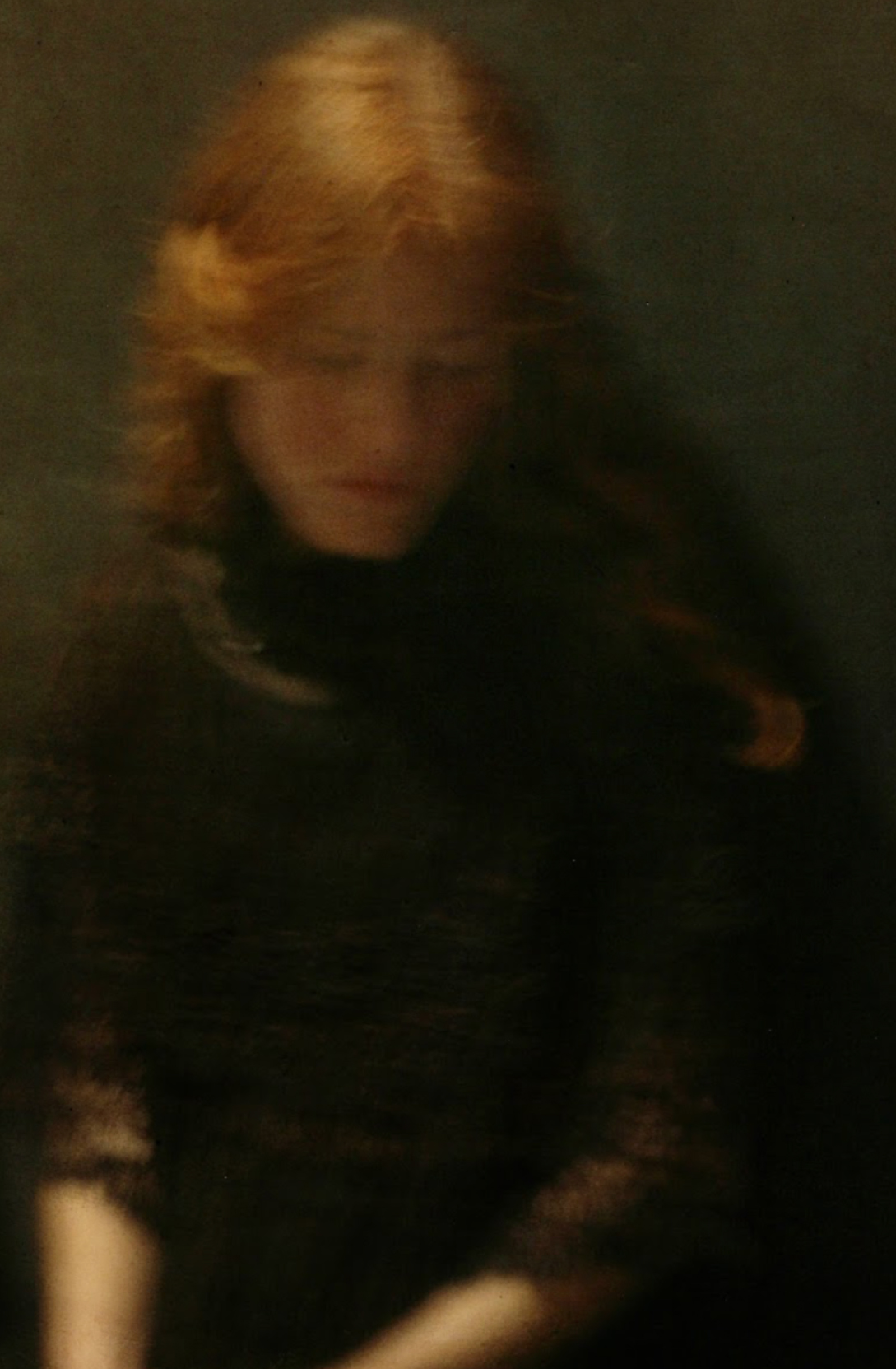
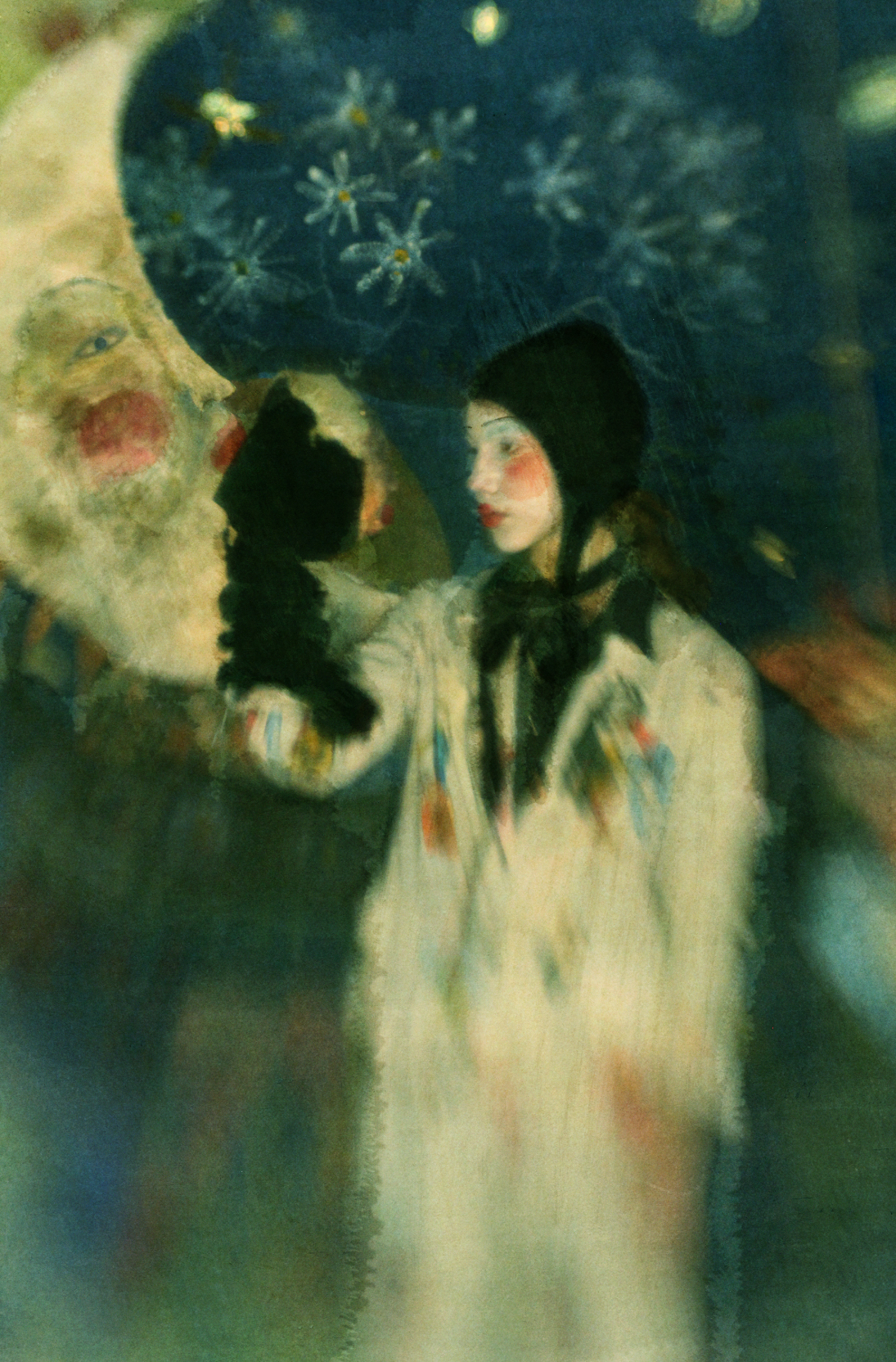
photography by ROSE MIHMAN
ES: You learn from others’ reactions to your work.
RM: Absolutely. You learn what you could be. Now, I do consider myself an artist. Because I know that this is something I want to do. And I want to do it all the time.
I tried working, in the traditional sense, but my temper is annoying. I have mood swings.I know that I can only have a peaceful life, if I’m doing what I really want to do. And in that I can be accomplished too. I think everyone has a calling. Whether with playing cards, or with interior decoration… Or, with whatever. It’s something that’s in you. It’s a voice or a calling or something you need to explore. Something that moves you so much that only you will have this certain take on it. Life is great because you can do kind of anything! If you put your heart to it. Tomorrow, I would love to work in set design for movies, for example. That would a dream job. Though only for historical movies. Something Victorian or 1800s, 1900s.I find it fascinating when you create a whole world, piece by piece. That process of recreation…
ES: Do you do self-portraits as well?
RM: Yeah. But the thing with my self-portraits is that I always make myself ugly or unrecognisable. They’re in disguise, whether using a mask, or with makeup.
ES: Do you treat your subjects similarly in terms of how you dress them up and give them direction?
RM: I do, but I am also conscious of when I’m putting them in an “ugly” position. We all have vanity and we all want to look good. Taking someone and making them that vulnerable requires trust. When they know your art, they know what they’re getting themselves into.
“I would never put men in a position of power anyway. I mean, not in my work.”
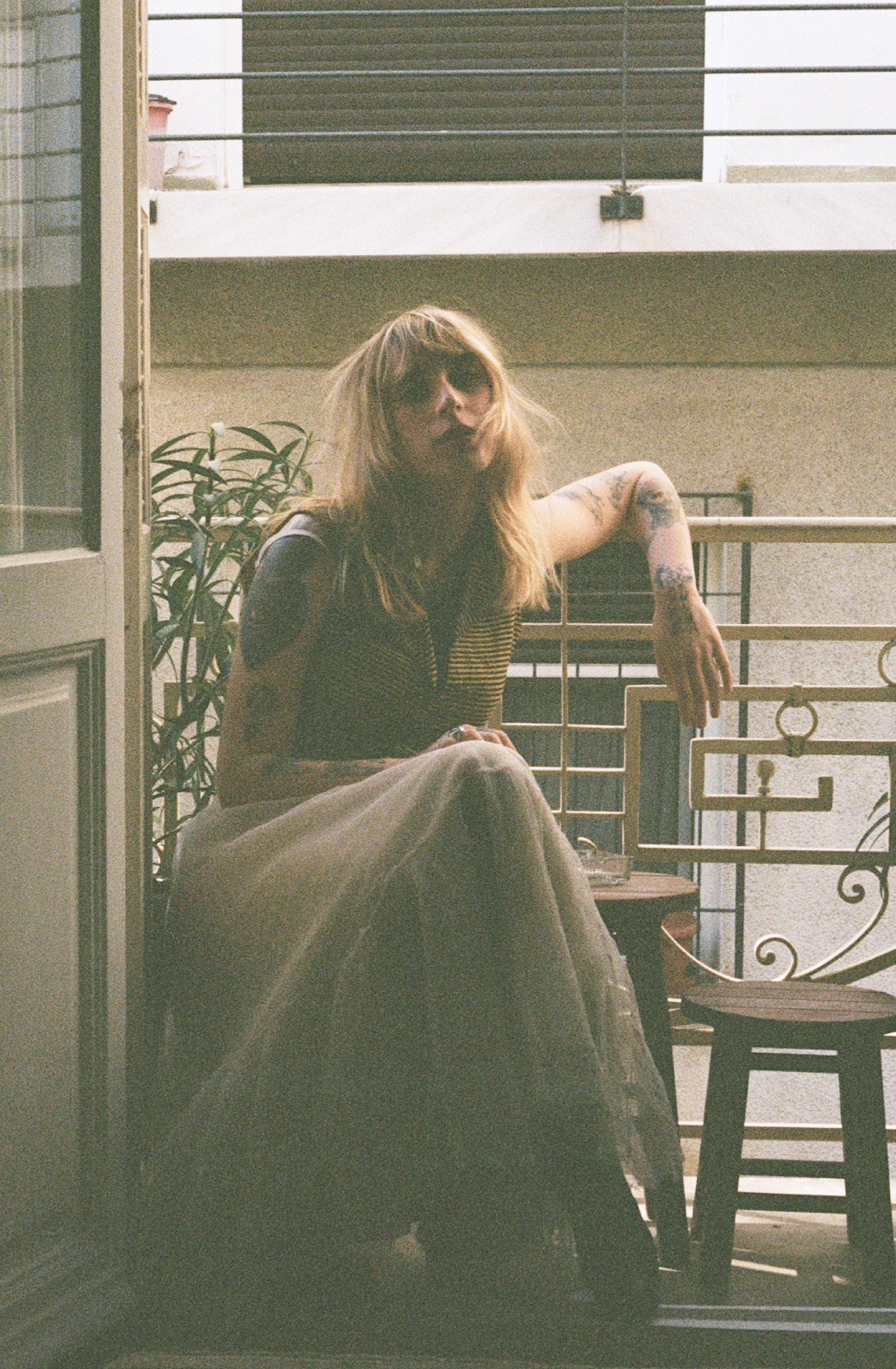
photography EFTIHIA STEFANIDI

Fig 1
ES: Let’s talk about some of your photos.
RM: (Fig 1) This is me. It was during the night. One needs to be alone for this kind of image. For a long time, photography was a way for me to fight loneliness. When I didn’t know what to do, I could do that.
(Fig 2,3) These are my friends Roxanne and Orianne. Orianne, I found her on Instagram. I was like, ‘Oh! She has this Bellmer-esque kind of doll-like look. Very soft. And Roxanne, she really has this désinvolte feel. I wanted to make a series that’s soon going to be published with Fisheye magazine.
(Fig 4) This is Maxime. She makes costumes and I saw her and immediately we both agreed, yes, let’s make photos! So, she came to mine and I simply depicted her in the mirror. It became one of my favourite pictures. I love it. She’s stunning.
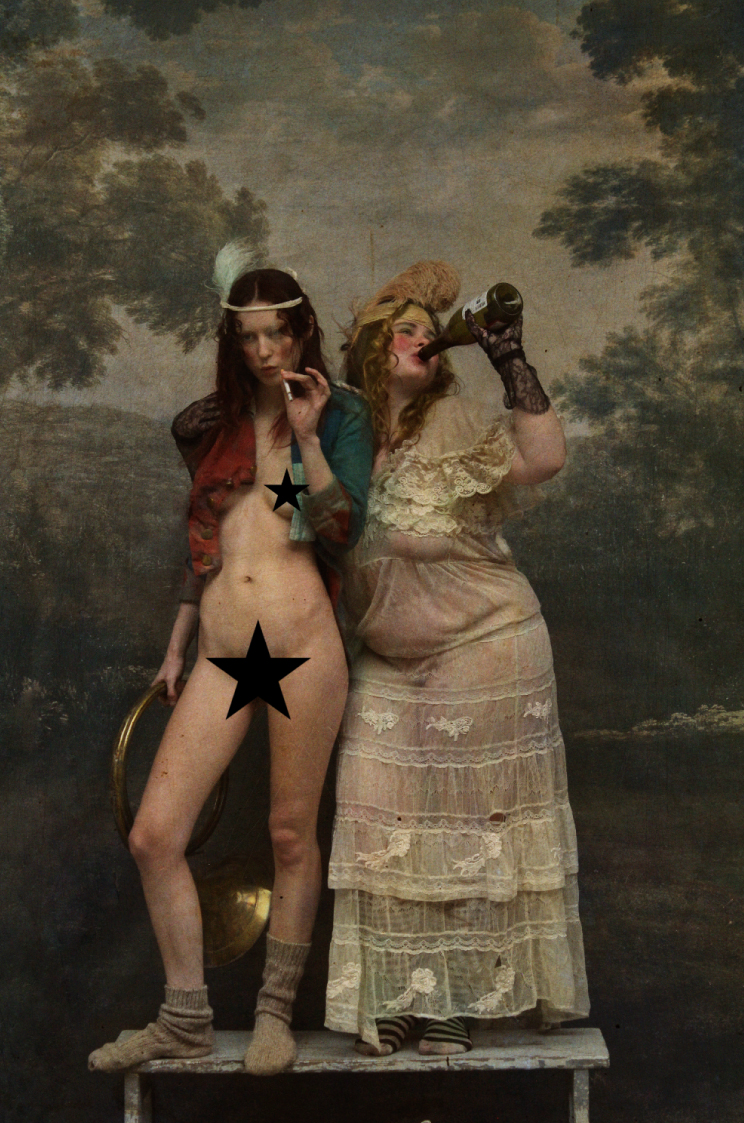
Fig 2
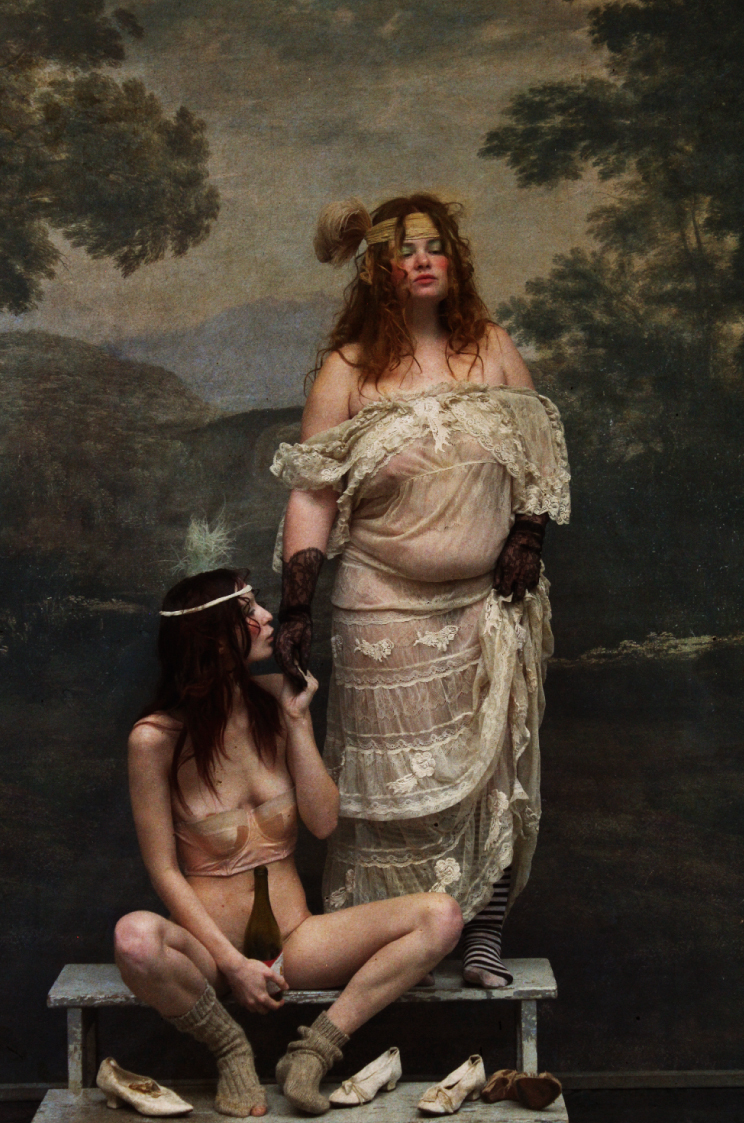
Fig 3
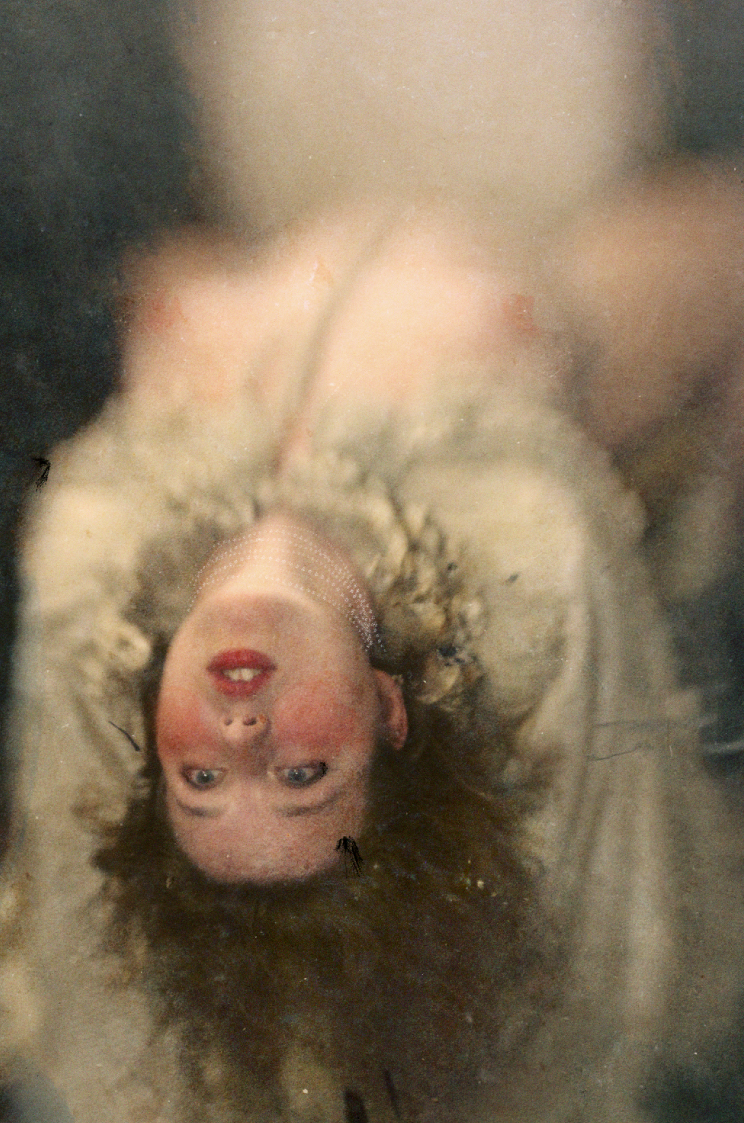
Fig 4
ES: You mainly work with women and the men are always subdued?
RM: Always. Always. I would never put men in a position of power. I mean, not in my work.
(Fig 5) This is from a series called How to Mistreat Men. It’s a reference to when women wanted the right to vote. And there were all these fake posters that were very funny because there would be a husband on their knees, for instance, like “Oh my god, if women can vote we’re going to be trapped.” You know, crazy shit. So, it’s that, but in reverse. And it’s kinky, I like it.
(Fig 6) Colin-Maillard. That is a game like Blind Man’s Bluff. My boss told me, “Okay, Rose, I have nine socks that you can use to shoot with.” I was like, “Hell yeah!”
“To not know is to also discover; it’s the joy of not knowing and going into the unknown.”
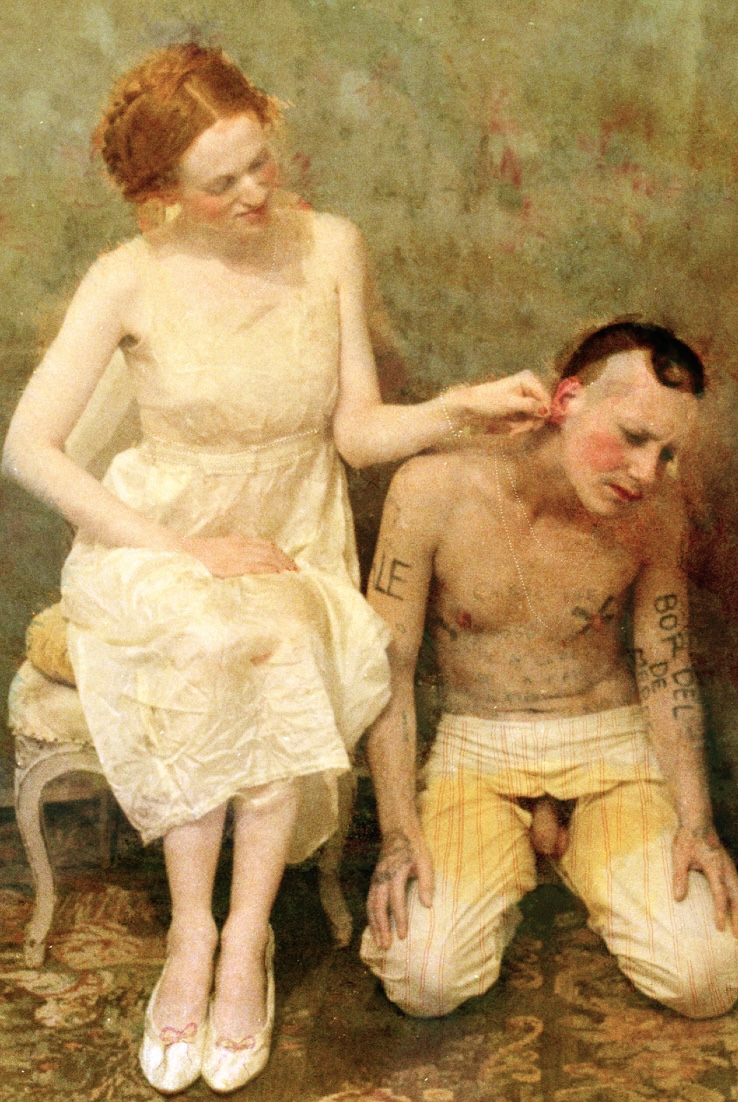
Fig 5
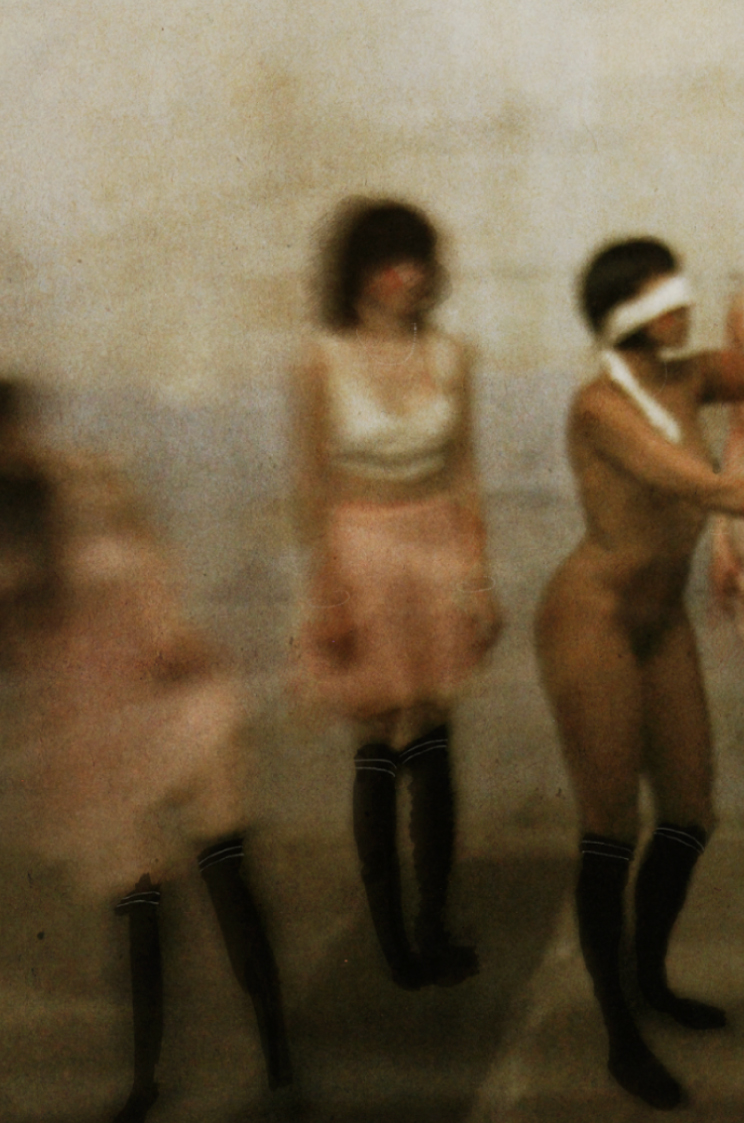
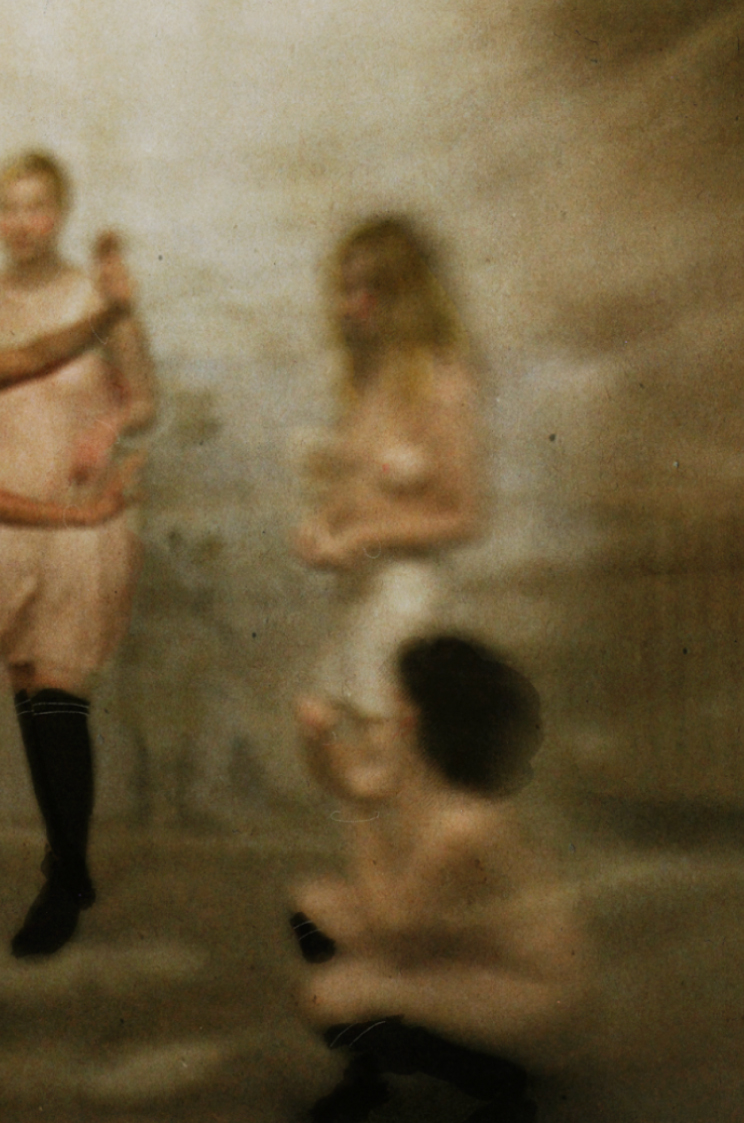
Fig 6
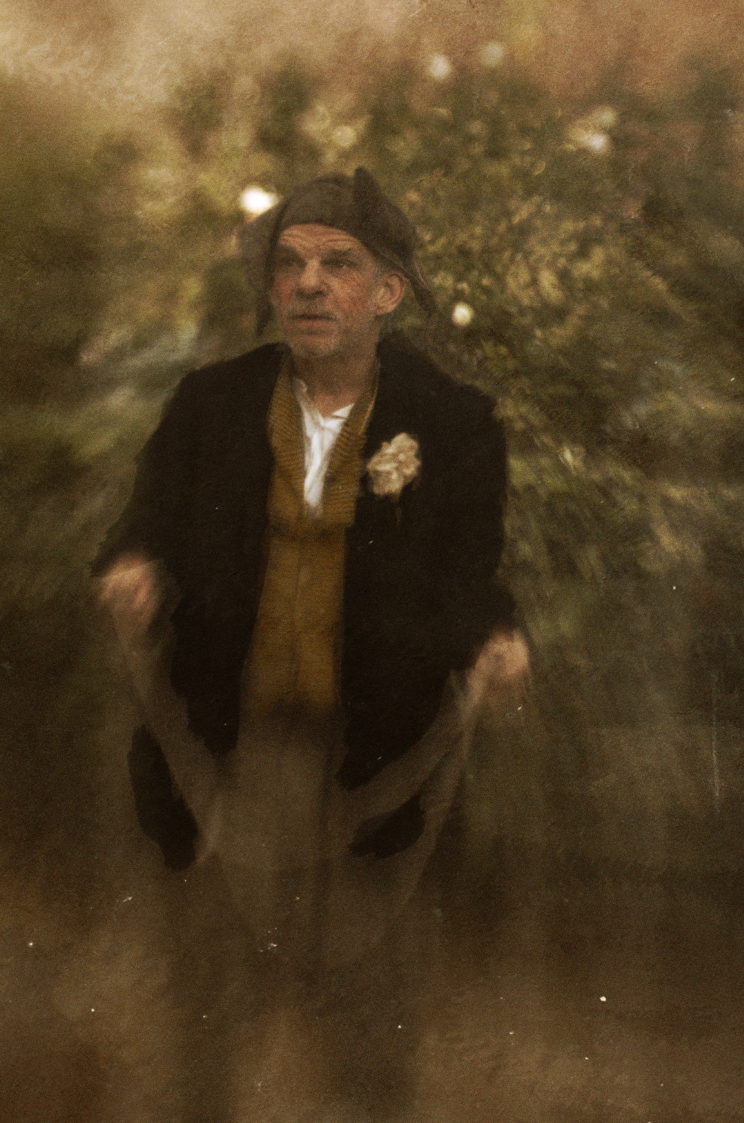
Fig 7
ES: How did shooting Denis Lavant come about?
RM: (Fig 7) So, I am in the streets of Paris walking to meet a friend and I hear somebody whistling very well. I’m looking over smiling, and it’s Denis Lavant. I’ve never seen any of his movies before, but I love him. So, I ran over to him and told him exactly that: “I love you. I want to photograph you.” And he said, “Why not?” I find him very open-minded. As long as you’re not a snob or annoying, you are going to get along. He hates injustice. He wants people to rise up against that. He is a free man.
ES: Would you say you are interested in meeting artists you admire? Personally, I have that urge, but sometimes it has been a let-down, like reality disrupting the world I have created in my head about them.
RM: I agree. I would rather not contaminate my brain with that reality. I like to see the work as it is. Because to not know is to also discover; it’s the joy of not knowing and going into the unknown. It’s also true that sometimes you could meet your favourite artist and be even more impressed. I had this experience with Celeste, the singer. I love her music even more since we met.
